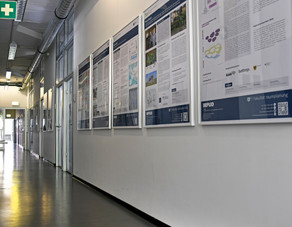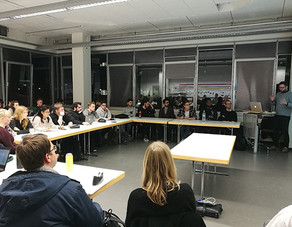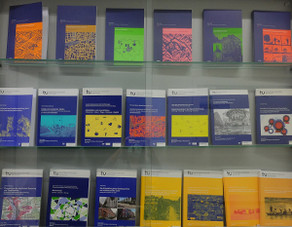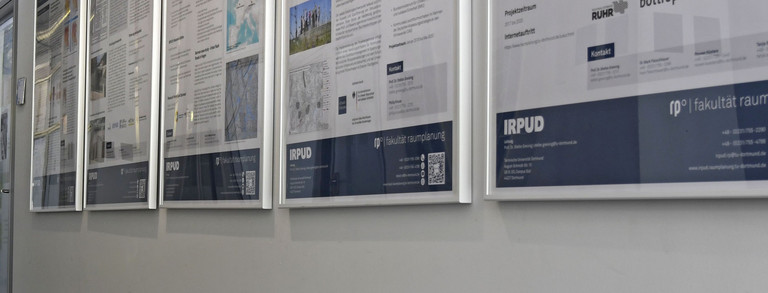KAHR – IRPUD at the Science-Practice Dialogue for Reconstruction in North Rhine-Westphalia

In 2021, the low mountain regions and the transition areas to the lowlands in North Rhine-Westphalia (NRW) and Rhineland-Palatinate (RLP) were particularly affected by a devastating flooding. For the past year, the IRPUD has been scientifically accompanying the recovery and reconstruction processes as part of the BMBF-funded KAHR project. The focus of IRPUD's accompanying research is on the systematic development and integration of strategies and measures to strengthen the resilience and climate adaptation of communities in NRW affected by heavy rainfall and flooding. Two of the focal points are
- the consideration of flood risks in spatial planning and communal urban land use planning
- the identification of vulnerabilities of different population groups and settlement structures, including critical infrastructures.
In this light, IRPUD is working with local actors to address questions such as how a risk-based approach can be implemented in regional planning and urban land use planning (using the example of a simulated new land development in Erftstadt) and how vulnerable or resilient different neighbourhoods prove to be (using the example of different neighbourhoods in Hagen).


At the beginning of November 2022, the KAHR consortium organised a science-practice dialogue in Aachen in cooperation with the Aachen city region and supported by the Ministry of Home Affairs, Municipal Affairs, Building and Digitalisation of North Rhine-Westphalia. The dialogue brought together scientists and practitioners for an intensive exchange. In addition to presentations by project members (including Prof. Greiving, IRPUD), the programme also included an interactive exchange in the form of a panel discussion and a subsequent poster session.
You can find more information on the KAHR project here:






